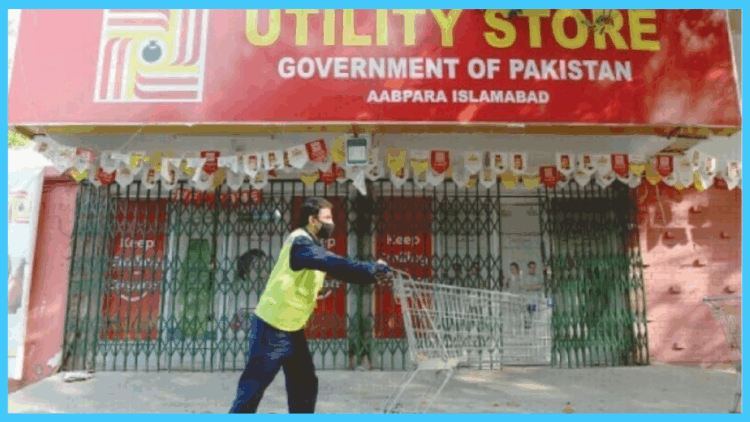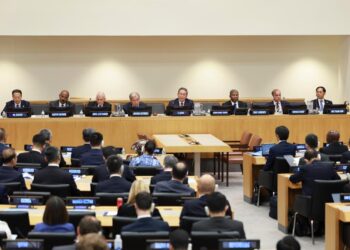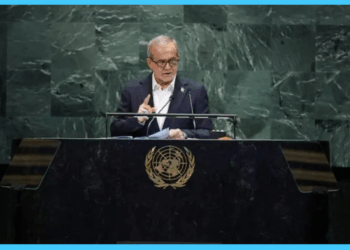ISLAMABAD; The Economic Coordination Committee (ECC) on Thursday approved a Rs30.216 billion package to facilitate the complete closure of the Utility Stores Corporation (USC), with instructions to ensure the process is carried out in a transparent and orderly manner.
The proposal, moved by the Ministry of Industries and Production, includes provisions for employee welfare, settlement of outstanding dues, and the disposal of assets within the current fiscal year. Closure-related costs will be covered from the proceeds of these sales.
Chairing the meeting, Finance Minister Muhammad Aurangzeb underlined that safeguarding employee rights remains the government’s top priority. The ECC directed the immediate payment of dues, arrears, and compensation to staff. The meeting was attended by federal ministers Rana Tanveer Hussain, Jam Kamal Khan, and others, while Energy Minister Awais Leghari joined online.
With the shutdown, nearly 12,000 employees face the risk of job loss. However, around 300 essential staff will be retained temporarily to oversee USC’s privatisation and transition process. The government plans to settle USC’s Rs23 billion accumulated losses and Rs14 billion in vendor payments through a three-phased strategy to ensure systematic clearance of liabilities.
The USC—established in the 1970s as a nationwide subsidised retail chain for low-income households—had long been plagued by inefficiency, financial mismanagement, and criticism over poor service delivery and leakage of subsidies. Earlier this year, the Ministry of Industries and Production ordered the permanent closure of all Utility Stores, effective July 31, ending decades of subsidised retail operations.
According to the official notification, all procurement and sales activities ceased by the end of July, while inventories are being shifted to warehouses. IT systems and physical assets will be auctioned, and notices have been issued to vacate rented premises starting August 1.
The government has linked this move to its broader social protection reforms, with Prime Minister Shehbaz Sharif directing the introduction of a Voluntary Separation Scheme (VSS) to soften the blow for employees. The administration also plans to redirect subsidies through more targeted programmes, particularly the Benazir Income Support Programme (BISP), which is being strengthened as the main vehicle for welfare support.
The closure of USC marks the end of an era in Pakistan’s retail subsidy model, reflecting the state’s shift toward direct cash transfers and targeted social safety nets.

























